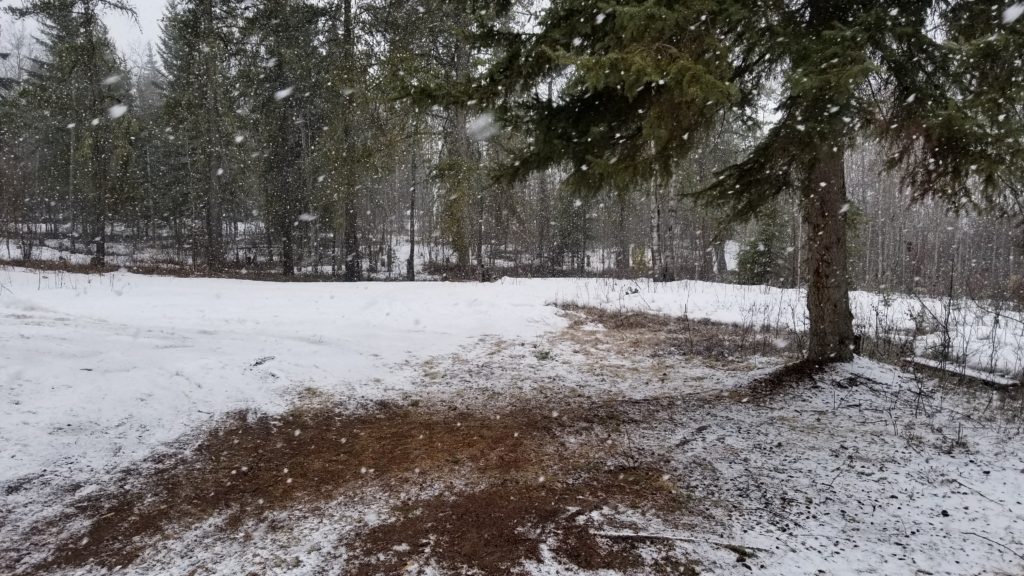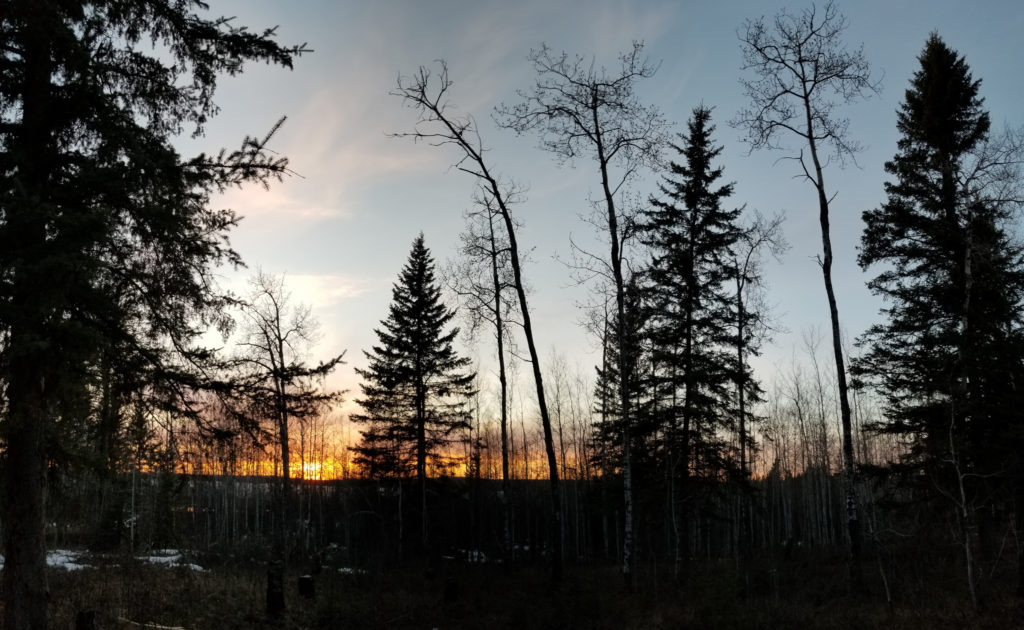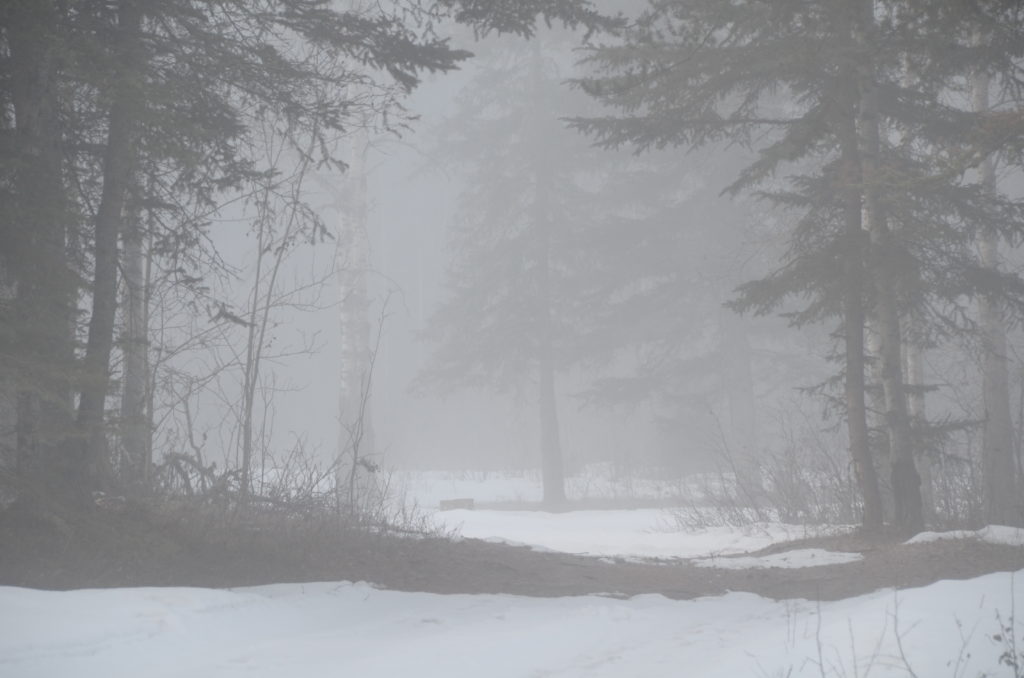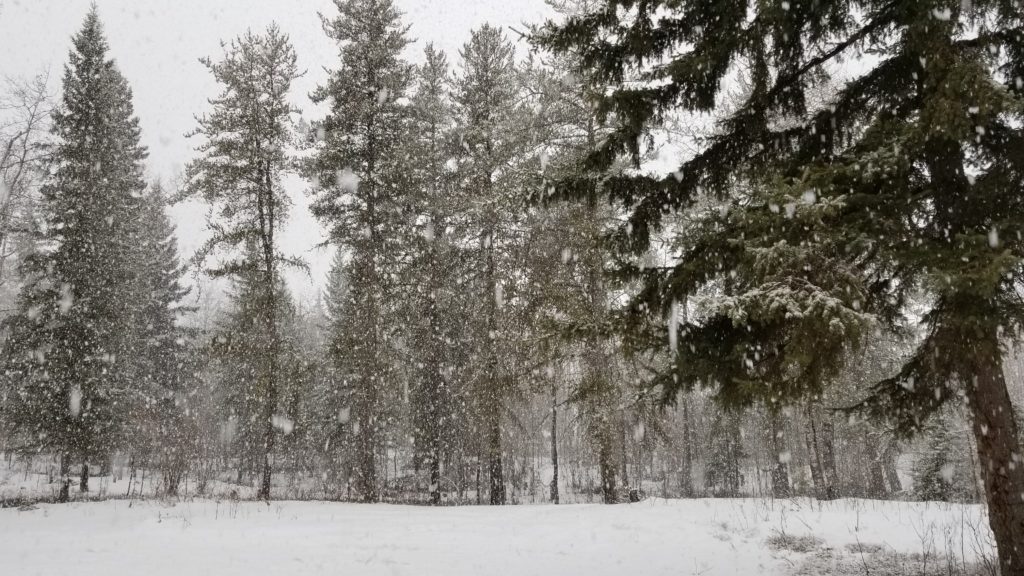Maundy Thursday
Opener

Tonight we remember Jesus’ last supper as he declared Gods’ New Covenant with us by offering his body, the bread of life, and his blood, the wine, to all people.
This Covenant is handed down to us, starting with the disciples present at Jesus’ last supper, to Paul, and through Paul to generations upon generations. Each handed Jesus’ story on to the next so that this Covenant of Life would be remembered and many lives could be lived in response to it. Jesus uses an ordinary meal.
Salad
There is nothing quite like an ordinary meal that begins with a crisp, fresh, green salad, with freshly squeezed lemon on top.
Perhaps you’d like to add salad dressing, cheese, croutons, or tomatoes.
Or perhaps you’d actually prefer a lot of tomato sauce, all on one big crouton with lots of cheese melted on top, with slices of pepperoni. Okay maybe a big pizza instead of a salad.
Just an ordinary, nourishing meal.
Setting of the Last Supper
Jesus knows he and his disciples are at great risk in Jerusalem. For days now he has taught in public and all has gone well. Jesus is ready for what must come. They will betray, torture and kill him. He has not given up, rather he has answered God’s call for him to suffer so that all people will know about God’s forgiveness for them.
On his last night he gathers to celebrate the Passover with his disciples. He makes sure that his disciples for generations to come will remember him and thereby know God’s Grace. Jesus uses two very common items of the meal, bread and wine, and instructs his disciples to remember him every time they eat bread and drink wine. It may sound like wine was a special component, but the water was not safe to drink, so, if one could, one drank wine instead.
Each meal, Everyone
Jesus directed all of us to remember him each time we eat bread and drink water or wine. The Church ritualized this meal and made it central in worship so that it would not be forgotten. Still we’ve taken this common meal, revered it, and reserved it for a special celebration held sometimes at most once a month. At times we’ve limited who can take part in the meal to just good people.
Regardless how we practice it, we do remember Jesus’ words, take it all of you. Whenever you eat and drink, do this in remembrance of me.
To drink
Most of our common meals today include something to drink: a cup of coffee or tea, or glass of water or even a good glass of fruit juice and spritzer to whet one’s appetite.
Meal to Remember and Learn from
Jesus made the New Covenant at their Passover Supper so that his disciples would take note. He gave us his words to ensure we would remember, even if we would not practice, what his words tells us.
Jesus intends that we remember and discover again God’s purpose for each of us. God gives us Jesus’ example to follow, giving up any privilege we have, humbling ourselves to serve others, sacrificing of ourselves so that all others will receive justice, freedom, food and homes, and everything else they need for the abundant life God intends for each of us. Jesus shows us how to forgive everyone always, even as he dies on the cross.
Vegetables
Most of us commonly have vegetables at our meal, green and dark coloured, maybe a variety of cut vegetables with a creamy cheese sauce on top.
Common Food Items, With Great Effects
Jesus does something very uncommon at his last Passover. He washes the feet of his disciples. It is a task for a servant. Today foot washing is not part of meal preparation, since we do not walk everywhere on dusty roads wearing sandals, and we do not recline to eat.
Eating and drinking, though, will remain common as long as humans live, ensuring that celebrating the Lord’s Supper may be common enough, as long as Christians remember and hand on what has been handed on to them.
Through the generations remembering Jesus’ Last Supper has held many families and churches together, kept many falsely incarcerated, exiled and oppressed people alive when they could not gather for worship. Along with our simple confession that Jesus is Lord, this meal has helped preserve the faith in many places many many times in history when all seeme lost. This meal of simple items has soothed the anxious souls of countless Christians through the generations.
Protein
The heart of our common meal comes down to some protein, perhaps a little roast beef, pork ribs, or chicken. Maybe a fresh fish from the lake via the grocery store, a handful of mixed nuts, or even eggs.
The New Covenant
At the heart of his last supper Jesus establishes God’s New Covenant with us. God has made covenants with the people before.
One of the first was the covenant with Noah, when God promised never again to wipe out creation with floods. It is marked by the rainbow in the sky.
Perhaps the greatest in the OT is God’s Covenant with Abraham. God promised Abraham and Sarah descendants enough to make a great people and land for security and stability. This covenant is marked by the Passover meal recounting how God delivered our ancestors from slavery, bringing them through the wilderness into the Promised Land.
The New Covenant in Jesus’ blood poured out for us is God’s most complete communication of who God is, and how God relates to us with Grace and forgiveness made possible through God’s own sacrifice.
Dessert
To top off our common meal we’ll include a light fruit dish with coffee hagen daaz ice cream. OK too uncommon and too expensive. So maybe a slice of apple, cherry or pumpkin pie with a scoop of vanilla ice cream on top, not a five quart scoop. Just one simple scoop as a bit of a teaser, on top of a good meal, to help us remember the meal, for hours to come.
Until we grow hungry again the next day and start over feeding our bodies so that we might live.
For Each and Every Christian
God makes the New Covenant with each of us in our Baptisms with water and Word. God renews this covenant with all of us at each meal.
When we offer each person Christ’s body and Christ’s blood, we say Christ’s body given for you, and Christ’s blood shed for you.
We gather as a community to share Jesus’ meal with everyone. Jesus’ gifts, though, are not just generally available. They are very specifically for each of us, to heal the brokenness and suffering of each one of us, to nourish our spirits and to give each of us abundant life.
Tie the two together: our daily meals, Jesus’ Last Supper celebrated
There are common meals to nourish our bodies. We hope and work so that everyone has at least one of those each day. We humans also require meals to sustain our spirits.
There is no challenge, no work of the devil, no grip of sin, no enemy’s attack on us that is impossible for us to face, because we feed on the body and blood of God’s own Son. God’s Spirit in and through us is undefeatable, even by death.
After this his last supper, Jesus goes out to pray in Gethsemane, until the soldiers …
…
Tomorrow we continue our worship service with the next segment of God’s story given to us through Jesus’ life, remembered and handed on to us, so that we can hand it on to others, … so that all may have life abundant.










